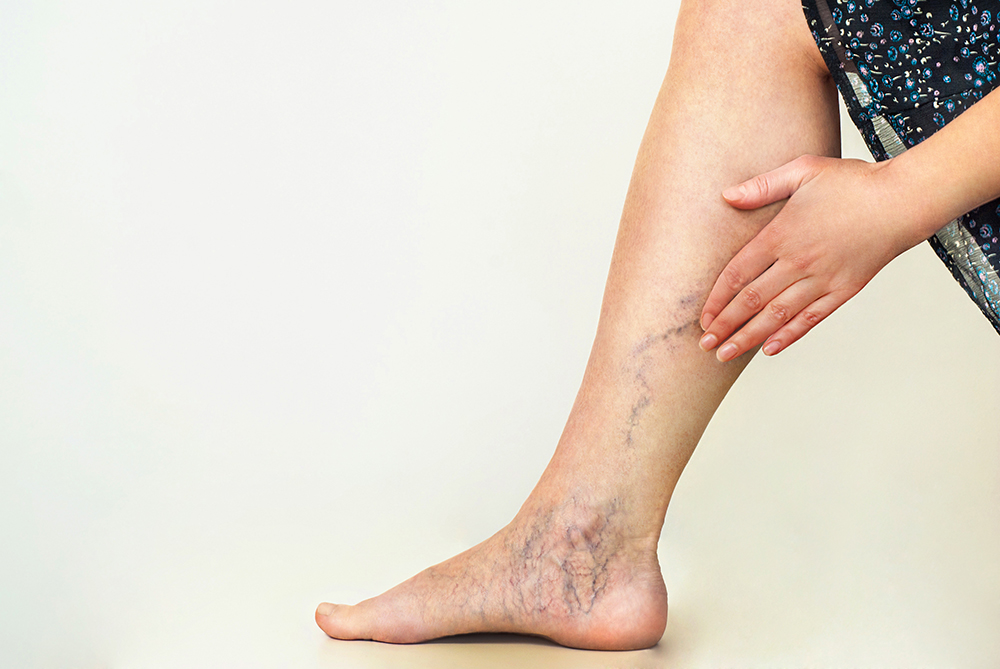Do you wear pants when you’d rather wear shorts? Varicose veins impact about 35% of people in the United States. Do you have them, too? You’re not alone.
Varicose veins are unattractive, but you should know they aren’t just a cosmetic concern. Turns out, varicose veins can also seriously impact your health. Dr. Mark Schwartz at North Shore Vein Center is an expert in treating vein disorders, including varicose veins. He can evaluate your situation and determine if your varicose veins need treatment to avoid an undesirable health outcome.
Why do you have varicose veins?
Varicose veins are swollen, twisted veins located underneath the skin. They’re typically blue or red, and can sometimes appear purple. Varicose veins can show up anywhere, but most people experience them on their legs.
Between each beat of your heart, there’s a tiny pause. Without a network of one-way valves throughout your veins, your blood would rush to your feet during each of those tiny pauses. The valves prevent backflow. Varicose veins develop when these valves stop working properly and allow blood to pool in the vein.
As the blood pools up, your body struggles to push the blood back toward your heart, and more blood pools. Since veins closer to the skin’s surface have less muscle support, they’re more likely to become varicose.
The result is bulging, dark-colored, ropey veins. Anyone can develop varicose veins, but your risk increases if you’re female, pregnant, obese, or have a genetic history.
Do varicose veins pose a health risk?
Varicose veins can make your legs feel heavy and achy. They can also cause swelling and skin problems. You may find it difficult to walk or move as needed or sit comfortably. In addition to these aggravating problems, varicose veins can greatly impact your health.
For example, pooling blood that stops moving through your veins puts you at greater risk of developing a blood clot. Blood clots are dangerous for many reasons. Clots can break loose and cause a pulmonary embolism. They can also increase your risk of stroke.
Pooling blood also increases the risk you’ll develop a leg ulcer. Venous leg ulcers are painful sores that often don’t heal properly. Any wound or sore that isn’t getting adequate blood is at a greater risk of becoming infected. In the worst cases, venous leg ulcers can lead to permanent tissue loss.
Varicose veins also impact your body’s circulation, making it difficult to move fluid in and out. As a result, you can develop edema, or swelling in your legs and feet. Swollen legs and feet might not seem like the biggest deal but they can increase your risk of developing bacterial and fungal infections.
What should you do?
If you have varicose veins, you should schedule an appointment with Dr. Schwartz at North Shore Vein Center. His evaluation will determine whether your varicose veins are a simple cosmetic problem or a more serious health concern. In either case, he’ll provide treatment options for you to consider.
At North Shore Vein Center, we offer personalized vein treatments in Long Island. Whether you are dealing with varicose veins, spider veins, or other vein concerns, our team will provide advanced care tailored to your needs. Contact us today to schedule your consultation.

